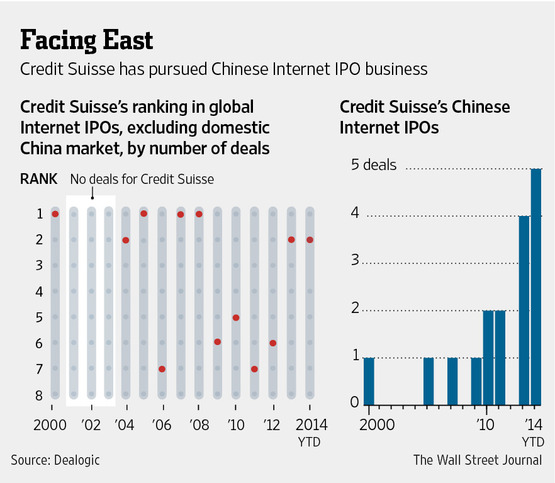BrokerDealer.com blog reporting courtesy of this a.m. story from securities industry blog MarketsMuse
Bowing to increasing pressure from regulators, law makers and law enforcement officials, Finra, the securities industry “watchdog” has launched its own probe into how retail brokers route customer orders to exchanges, according to recent reporting by the Wall Street Journal’s Scott Patterson. In particular, through the use of “sweep letters” targeting various broker-dealers, Finra is purportedly focused on whether rebates associated with schemes that brokers receive when directing their orders to specific venues is a violation of conflict of interest rules, given that customers presume they are receiving best price execution when in fact, they often do not.
MarketsMuse, the securities industry blog that has long reported about payment-for-order-flow and the unsavory practice in which customer orders are “sold” by custodians and prime brokers to “preferenced liquidity providers,” who then trade against those customers and profit from price aberrations between multiple exchange venues and dark pools, takes pride in pioneering the coverage of this topic.
Now that main stream media journalists are beginning to “get it”, a growing number of those following this story hope that WSJ’s Patterson and other journalists will shine light on the even more unsavory practice in which these same brokers imposing egregious fees on customers who wish to “step out” aka “trade away” and direct their orders to agency-only execution firms, whose role as agent is to objectively canvass the assortment of marketplaces and market-makers in order to secure truly better price executions for their institutional and investment advisory clients.
In a further sign that the current market structure could be cracking, one that has morphed away from a model based on centralization and transparency to disjointed fragmentation [a shift that has ironically been continuously supported Finra-sponsored government lobbies on behalf of that "regulatory authority's" senior constituents], Jeffrey Sprecher, the CEO of IntercontinentalExchange and owner of the New York Stock Exchange appeared before a U.S. Senate hearing yesterday and called for the end of the now scrutinized fee and rebate system known as “maker-taker.” In what would seem like a walk-back given the NYSE’s own rebate scheme for brokerdealers as a means to attract order flow to that venue, Sprecher stated “Maker-Taker adds to the complexity and the appearance of conflicts of interest.”

